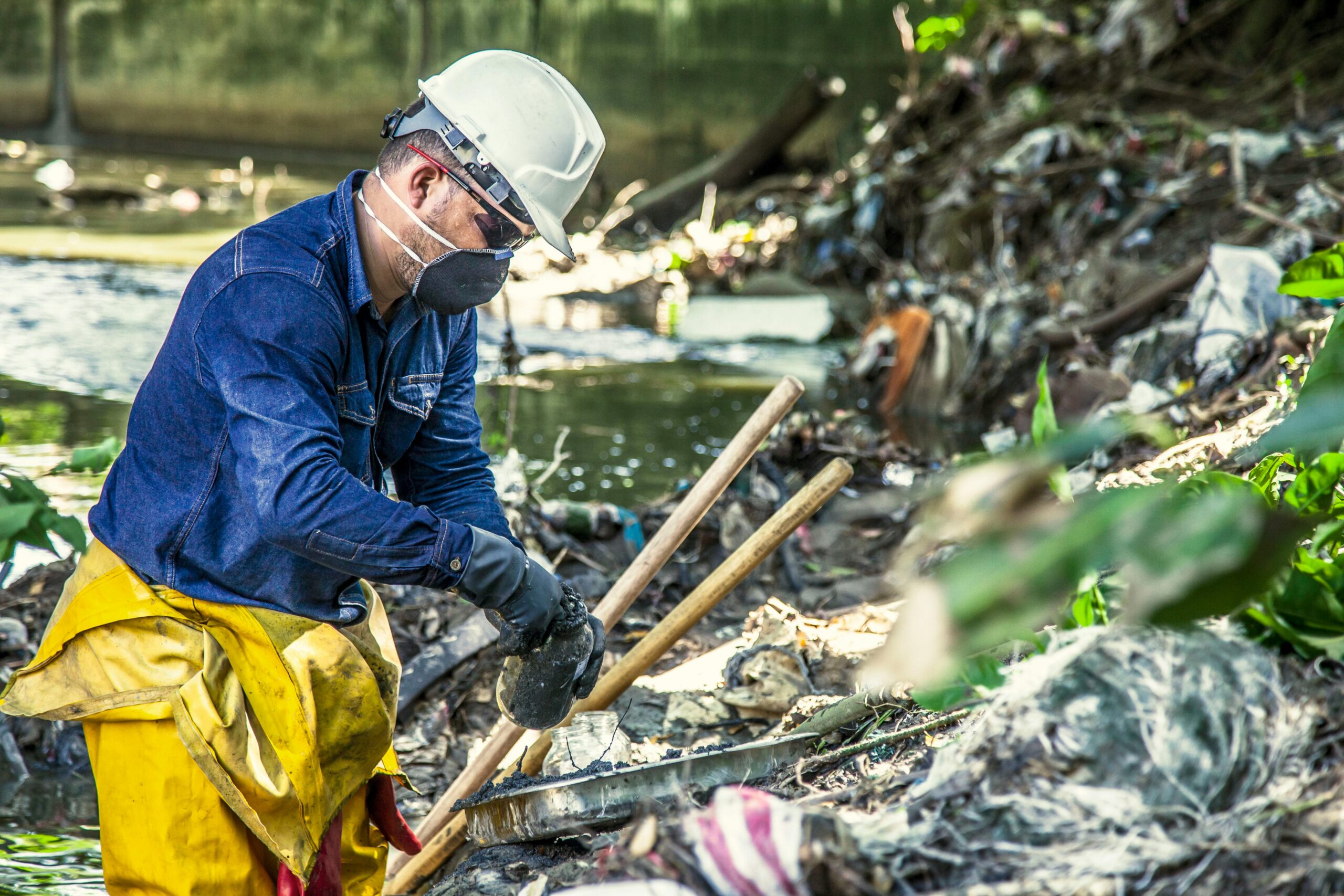Try the question and read the different Band 7 sample essays!
Question: Water pollution has become one of the most pressing environmental issues in many parts of the world. Why is water pollution a growing concern for both individuals and governments? What measures can be taken to reduce the problem effectively?
Band 7 Sample 1:
For too long, water contamination has been neglected by both the state and the public. In many parts of the world, water toxicity has reached alarming levels, demanding urgent action. This essay will explain why people are increasingly concerned and what can be done to address this issue.
For both citizens and governments, the main worry is health. Contaminants such as chemicals, heavy metals and microplastics in our food and water put everyone’s well-being at risk. There was public outrage in Northern Ireland, for example, over dangerous levels of blue-green algae in the main lake, Lough Neagh, that supplies nearly half of the country’s drinking water. Simply put, with proper regulation, this could have been avoided. Moreover, the habitats of plants and animals are also threatened, as oil spills, untreated waste and microplastics damage entire ecosystems that could be irreversible. These problems, highlighted by researchers and journalists, have created growing concern and urgency among the public and policymakers alike.
To combat water pollution, several approaches should be used together. Firstly, governments must impose stricter laws and heavier penalties to discourage polluters. If the consequences are severe enough, it is likely to be effective. Secondly, innovation should be funded to develop more effective waste disposal and treatment methods as well as filtration technology systems to try and reverse the damage already done. Finally, education can drive lasting change in behaviour. From primary school onwards, showing the harm caused by water pollution can help people make better choices, from proper waste disposal to sustainable consumption.
In conclusion, while most people now recognise the seriousness of water pollution for human health and the natural world, much can still be done. Through stronger laws, new technology and better education, we can work towards cleaner and safer water for all.
Band 7 Sample 2:
Water contamination is becoming one of the most urgent environmental problems in the world. Although progress has been made in some countries, many communities still face unsafe drinking water and polluted rivers. This essay will discuss why this issue matters to people today and suggest different ways to solve it.
One major reason for growing concern is the impact on local communities and economies. Polluted water does not only harm people’s health but also affects farming and fishing, which are vital sources of income. For instance, in parts of India, polluted rivers have reduced crop yields and damaged livelihoods. Furthermore, tourism can suffer when beaches or lakes become unsafe for swimming. These problems show that water pollution is not just an environmental issue; it threatens jobs and daily life. In addition, climate change has made matters worse, as floods and droughts spread pollutants more easily, putting even more pressure on water systems.
To deal with this challenge, solutions must come from both governments and ordinary citizens. One effective measure is to promote community clean-up projects. When people take part in local efforts to protect rivers and lakes, they become more aware of the problem and are more likely to change their habits. Governments should also invest in green infrastructure, such as wetlands that naturally filter dirty water before it reaches rivers. Businesses can help too by reducing plastic packaging and switching to eco-friendly production methods. Finally, simple steps like recycling, avoiding harmful chemicals, and supporting clean water charities can make a big difference if many people do them together.
In conclusion, water contamination affects not only health but also the economy and the environment. Through community action, responsible business practices, and smarter government planning, we can protect our water sources and build a cleaner future for everyone.







